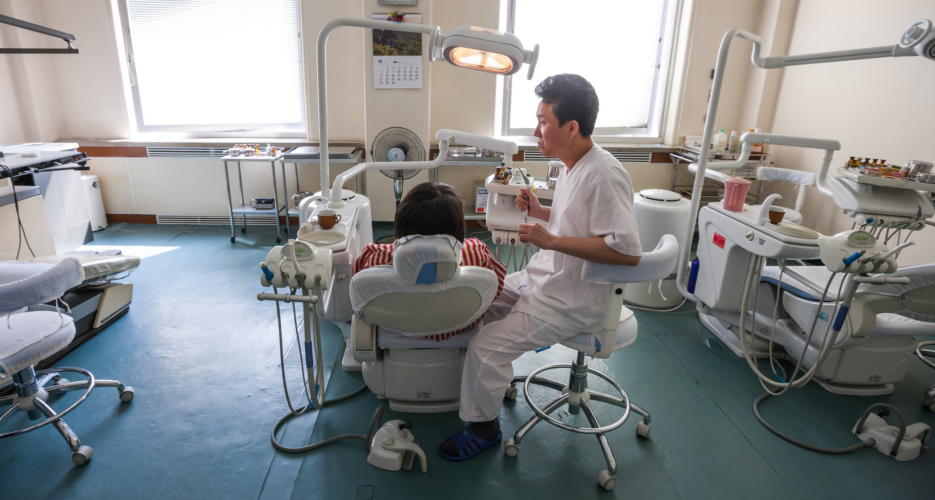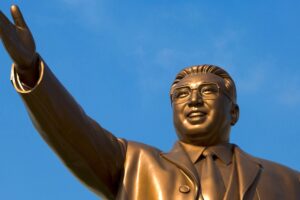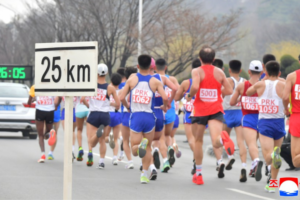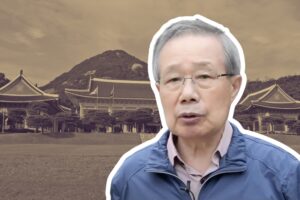The Kim family regime is often accused of working its population to extremes for little pay in the hopes of increasing economic production, and such overwork in North Korea isn’t a recent phenomenon.
In the late 1950s, Pyongyang policymakers announced the Cheollima, or thousand-mile horse, mass labor mobilization campaign. Inspired by China’s Great Leap Forward, the campaign aimed to achieve an impossibly high growth rate simply by forcing people to work more, with little regard for long-term impacts on infrastructure, the environment and people’s health.
The Kim family regime is often accused of working its population to extremes for little pay in the hopes of increasing economic production, and such overwork in North Korea isn’t a recent phenomenon.
In the late 1950s, Pyongyang policymakers announced the Cheollima, or thousand-mile horse, mass labor mobilization campaign. Inspired by China’s Great Leap Forward, the campaign aimed to achieve an impossibly high growth rate simply by forcing people to work more, with little regard for long-term impacts on infrastructure, the environment and people’s health.
Try unlimited access
Only $1 for four weeks
-
Unlimited access to all of NK News: reporting, investigations, analysis
-
Year-one discount if you continue past $1 trial period
-
The NK News Daily Update, an email newsletter to keep you in the loop
-
Searchable archive of all content, photo galleries, special columns
-
Contact NK News reporters with tips or requests for reporting
Get unlimited access to all NK News content, including original reporting, investigations, and analyses by our team of DPRK experts.
Subscribe
now
All major cards accepted. No commitments – you can cancel any time.











